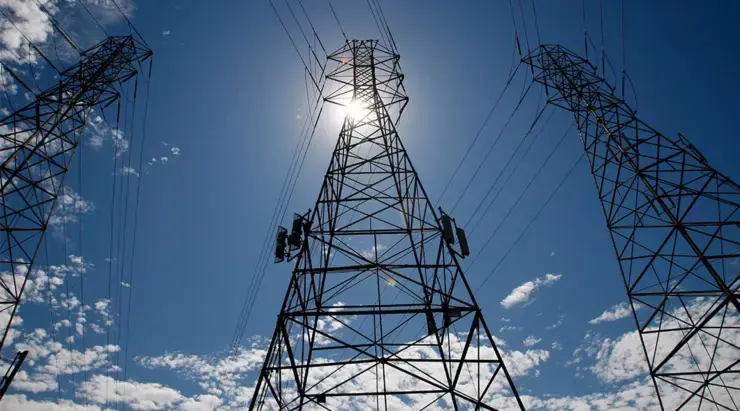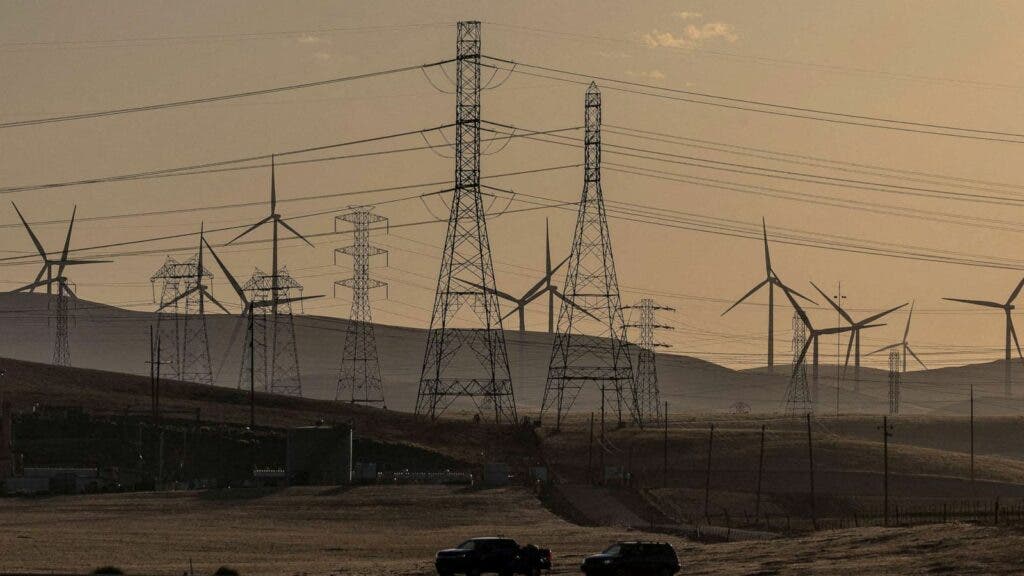Yesterday, California Governor Gavin Newsom, signed a children’s online safety bill. According to reports, this bill may change the way social networks, games and other services treat minors. After that, California will take broader measures to protect the data and privacy of Internet users under the age of 18. Despite opposition from the tech industry, the California Legislature unanimously passed the California Age-appropriate Design Code Act in late August. This is the first state-level regulation in the United States to require that online services that teens may use provide broad safeguards for users under the age of 18.

The California bill would require websites and apps to restrict certain popular features. It will require web and apps to discontinue messaging strangers because it could pose risks to younger users. In addition, it will require online services to turn on the highest privacy settings for children by default. “We are taking aggressive action in California to protect the health and well-being of our children,” Governor Newsom said in a statement.
The new law forces online services to take proactive security measures. It also wants online services to design products and features with the best interests of young users in mind from the outset. The law could apply to many digital products that people under the age of 18 may use, including social networks, gaming platforms, connected toys, voice assistants and smart learning tools.
California bill may spread across the U.S.
The legislation could also have ramifications beyond California. It could prompt many services across the country to introduce changes other than discriminating against minors in California. However, many industry groups have opposed the legislation, saying it is too broad and its terms too vague to facilitate implementation.

TechNet, an industry group representing many of America’s biggest tech companies, has pressured California lawmakers to narrow the definition of “child” in the bill to people under 16, not minors under 18. The agency also warned that many online services for general audiences could be accessed by children. This would make a large number of websites and apps subject to the new bill.
The measure could also have adverse consequences for adults, according to several civil liberties experts. To force websites to treat children differently, popular services aimed at general audiences could set up intrusive age-verification systems that require all users to provide companies with sensitive personal information, they warned. But children’s groups say the legislation is necessary to protect young users from automated systems that could expose minors to harmful content, expose them to adult strangers or prompt them for hours online.
Earlier this month, Irish regulators fined Facebook parent Meta $400 million for breaching European data protection rules when it handled children’s data on Instagram. The California law is due to take effect in 2024, and the U.K. last year introduced sweeping online protections for minors. At the time, major platforms such as Google, YouTube, Instagram, TikTok, Snap and others announced new safeguards for young users around the world.
Gizchina News of the week
California power grid issues energy emergency alert
In another report, due to the continuous high temperature and heat waves around the world, some parts of California began to require residents to turn on fewer air conditioners to avoid rolling power outages. The capital of Mississippi was unable to supply water for five consecutive days. On Aug. 31, California even declared a state of emergency for the state’s power grid. It also issued a Level 1 energy emergency alert in response to surging power demand amid the heatwave.

According to CCTV reports, on California State Grid Operator (ISO) issued a secondary energy emergency alert. About a week ago, it strongly urge residents to reduce usage in hot weather. Furthermore, there are expectations that the state’s electricity supply will continue to be tight. There is even a risk that it may face blackouts.
As the largest state in the United States, California is not only the most economically developed but also the most populous state in the country. On September 6, local time, the US power company Pacific Gas and Electric (PG&E) also said that starting at 15:50 that day, nearly 4,000 users in the West Sacramento area of California were powered off. The initial report reveals that the cause of the power outage is a result of the heatwave weather. The company said it was not sure when power would be restored.
September has been hot in California
According to reports, the inland and valley areas of California ushered in a heat wave in September, with temperatures exceeding 43 degrees Celsius in many areas, and the California power grid is close to the limit of electricity consumption. California’s grid-independent system operator (ISO) has warned that outages are likely if customers don’t reduce their electricity usage. In addition, the U.S. Energy Information Administration (EIA) said in its Short-Term Energy Outlook report that U.S. electricity consumption will hit an all-time high this year due to increased economic activity and the impact of high summer temperatures. The EIA expects U.S. electricity demand to reach 4.029 trillion kilowatt-hours in 2022, up from 3.93 trillion kilowatt-hours last year.

Experts say it’s the biggest test California’s power grid has faced since the summer of 2020 when rolling blackouts swept parts of the state and record temperatures caused by climate change took a toll on the global grid. At the time, the government eased restrictions on gas. “It’s clear that nature has triumphed over us,” California Governor Newsom said. “The reality is that we live in a time of extreme heat and extreme drought.”

